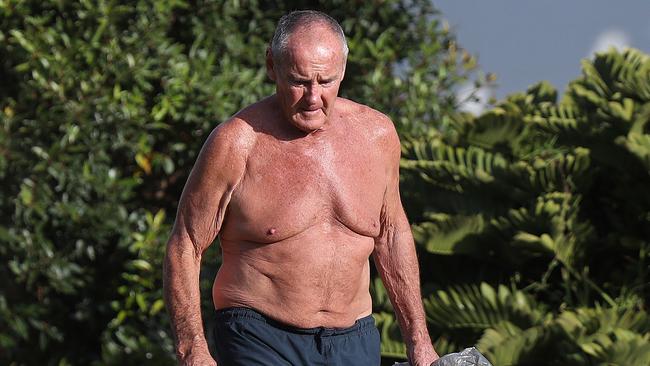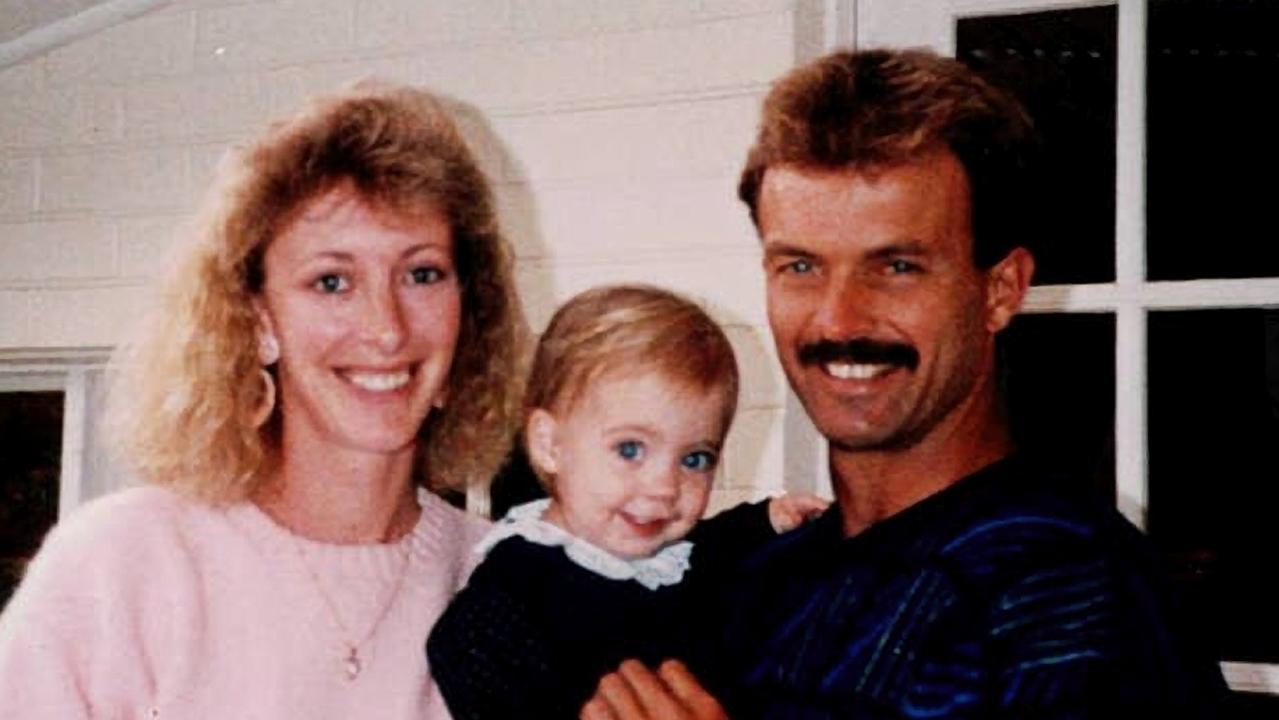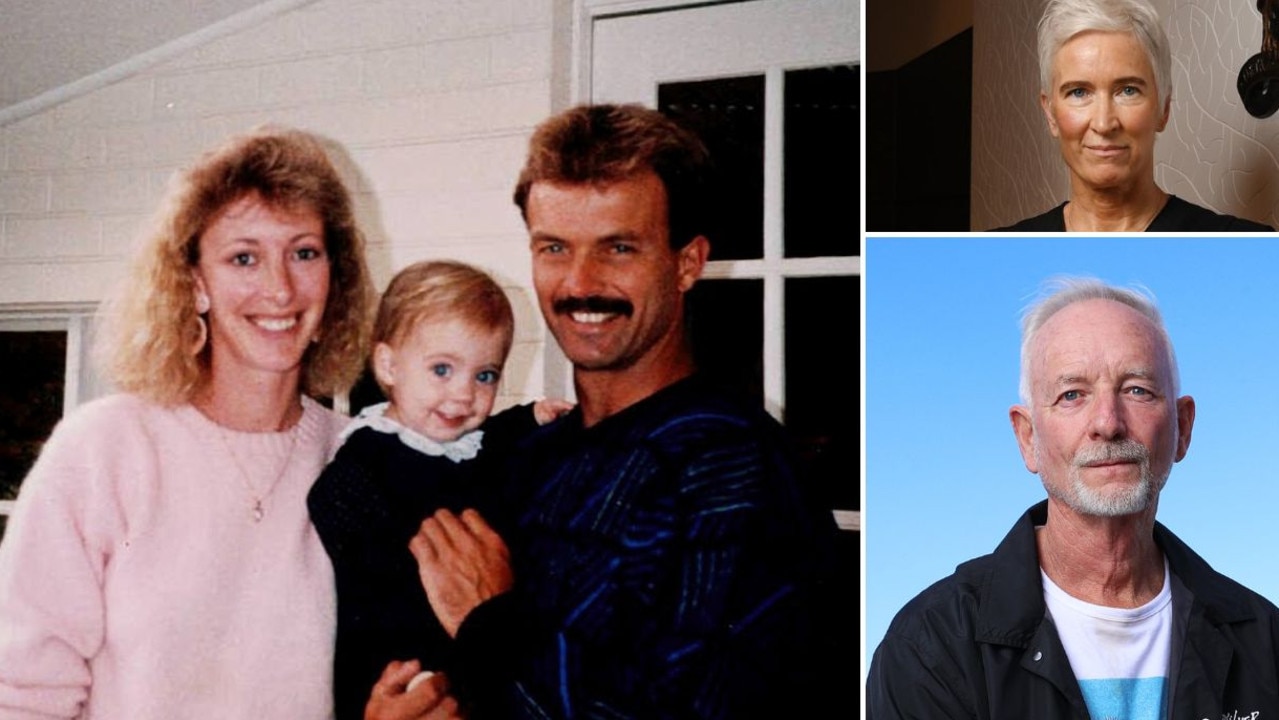The Teacher’s Pet: strong case for judge-alone trial for Chris Dawson
It could be appropriate Chris Dawson to be tried by a judge alone, a former NSW director of public prosecutions says.

It could be appropriate for murder accused Chris Dawson to be tried by a judge alone, rather than a jury, if his case proceeds to a trial, a former NSW director of public prosecutions says.
Former NSW DPP Nick Cowdery QC said because of the publicity surrounding the case it might be appropriate for the 70-year-old to apply for a trial by judge alone.
“If there is a trial, this would be a suitable case for trial by judge alone because of the publicity that has been generated in recent times,” he said.
Mr Dawson was arrested in Queensland yesterday in connection with the 1982 disappearance of his wife, Lynette Dawson, from Sydney’s northern beaches. He was set last night to be extradited to Sydney and is expected to be charged today with her murder. The disappearance of the 33-year-old mother of two was the subject of The Australian ’s Gold Walkley-winning podcast The Teacher’s Pet, which has been downloaded more than 28 million times.
Mr Cowdery held the office from 1994 to 2011, during which time the DPP determined there was insufficient evidence to prosecute Mr Dawson.
In NSW, if the defendant and prosecutor agree to a judge-alone trial, the judge must order one.
If the defendant applies for a judge-alone trial and the DPP disagrees, the court may still order a judge-alone trial if the judge is satisfied it is in the interests of justice.
Former NSW Court of Appeal judge Anthony Whealy said he believed a judge would likely agree to a judge-alone trial if Mr Dawson were to ask for one.
“In a case such as the present, while it will be a matter for the court, one would think there would be a higher degree of expectation, with the publication of podcasts that have caught so much public attention, that a judge-alone trial would be in the interests of justice,” he said.
UNSW law professor David Dixon said a judge might refuse a judge-alone trial if it was likely to involve the application of community standards, for example in cases involving indecency, obscenity or reasonableness. However, he said those factors were unlikely to arise in a murder trial.
The most recent figures from the NSW Bureau of Crime Statistics and Research reveals that, in the year to June, accused people who faced judge-alone trials were more likely to be acquitted than those who faced jury trials.
A spokeswoman for BOCSAR said there were 895 matters finalised by trial in the higher courts in the 12-month period, 171 of which were by a judge alone and the remaining 724 by juries.
Of the judge-alone trials, about half were acquitted (85 out of 171), while only about 40 per cent of those who faced jury trials were acquitted (291 out of 724).
Mr Cowdery said the discrepancy meant “nothing” because the kinds of cases heard by a judge alone were “very often different” to those heard by juries.
“It is certainly not the case that judges are demonstrably more or less inclined to convict or acquit than any jury,” he said.
Last year, the NSW Court of Criminal Appeal said in DPP v Farrugia, which involved a man charged with aggravated break and enter and assault, that factors that might weigh in favour of a judge-alone trial included the judge not being satisfied a fair trial could be achieved with a jury, “perhaps because a particularly horrendous crime has inflamed public sentiment in a small community”.
But an order could not be made for a judge-alone trial simply because the judge preferred trials without a jury because they were less expensive, shorter or a “correct” result was more likely.


